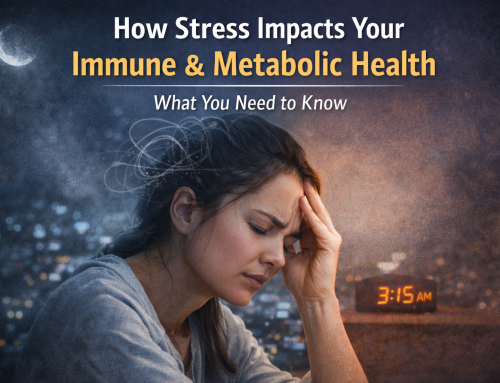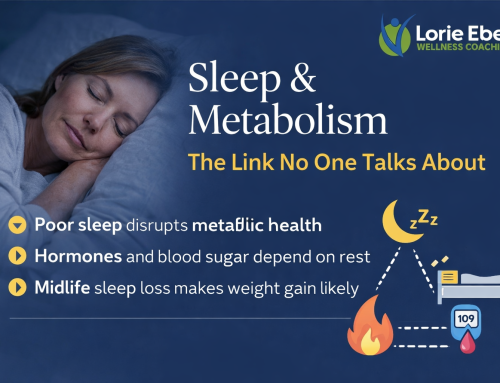Should I take vitamins? It’s a good question without a clear-cut answer. While this issue has been studied for some time, scientists do not agree on whether taking a daily multivitamin is beneficial to your health or just a waste of money.
Do Multivitamins Make You Healthier?
Some experts say it’s time to give up on daily multivitamins to preserve health, but others disagree. What should you do?
If you take a multivitamin, it’s probably because you want to do everything you can to protect your health. But there is still limited evidence that a daily cocktail of essential vitamins and minerals actually delivers what you expect.
Most studies find no benefit from multivitamins in protecting the brain or heart. But some Harvard experts think there is still hope.
According to Dr. Howard Sesso, an associate professor of epidemiology at the Harvard School of Public Health. : “There are potential benefits and there are no known risks at this time. It is worth considering a multivitamin as part of a healthy lifestyle.”
Caught between expert opinions, what do you do? Start with asking yourself why you would consider taking a multivitamin. If you suspect your diet is nutritionally lax, focus your efforts there.
Should I Take Vitamins?
Here’s what we know about multivitamins so far. Despite all the research on vitamins and health, we have only a handful of rigorous scientific studies on the benefits of what Dr. Sesso calls a “true” multivitamin: a pill that provides essential vitamins and minerals at the relatively low levels that the body normally requires.
Results of the Physicians’ Health Study II
The Physicians’ Health Study II is the best study completed so far.
• It was the first and only large-scale randomized clinical trial to test a commonly taken multivitamin like the ones most people take, containing the daily requirements of 31 vitamins and minerals essential for good health.
• A large group of male physicians took either a multivitamin or a placebo pill for more than a decade.
• The results have been mixed, with modest reductions in cancer and cataracts, but no protective effect against cardiovascular disease or declining mental function.
• Is it safe?
Multivitamin advocates point to the lack of any strong proof that taking a multivitamin for many years is dangerous. “While I agree that the likelihood of harm is small, the likelihood of a clear health benefit is also very small—and also we have no clear proof yet of such benefit,” says Dr. Guallar, a scientist at the Johns Hopkins Bloomberg School of Public Health.
Dr. Sesso speaks for the optimists, who urge a wait-and-see approach. “Multivitamin supplementation is low risk and low cost, and it helps to fill potential gaps in the diet that people might have. These are compelling reasons to consider taking a multivitamin for cancer and eye disease that should be discussed with your physician.”
For Now, You Can Take Certain Steps:
• Ask your doctor the question “should I take vitamins?” The answer will be dependent on whether you have a vitamin deficiency.
• Assess your diet. Do you eat as healthy as you could? Is anything lacking?
• Do you want expert nutritional advice? See a dietician. Also, Medicare beneficiaries get an annual “wellness” visit with their primary care providers.
• Do not take high doses of specific vitamins, especially A and E. These may actually be harmful.
What Does the Evidence Suggest?
Physicians’ Health Study II:
• Researchers looked at the effect of long-term multivitamin use in healthy men on various aspects of health. Here is what they found:
• Cancer: Men were 8% less likely to be diagnosed with cancer. The protective effect was greatest in men with a history of cancer.
• Vision: Lower risk of developing cataracts.
• Cardiovascular disease: No protection against heart attacks, strokes, or death from cardiovascular disease.
• Brain: No protection against declining memory or mental skills.
• Caveat: Because of PHSII’s design, the findings on memory loss and vision are somewhat more likely to be chance findings than the cancer and cardiovascular disease results.
Click here to read full article to answer the question of “Should I take vitamins?”






